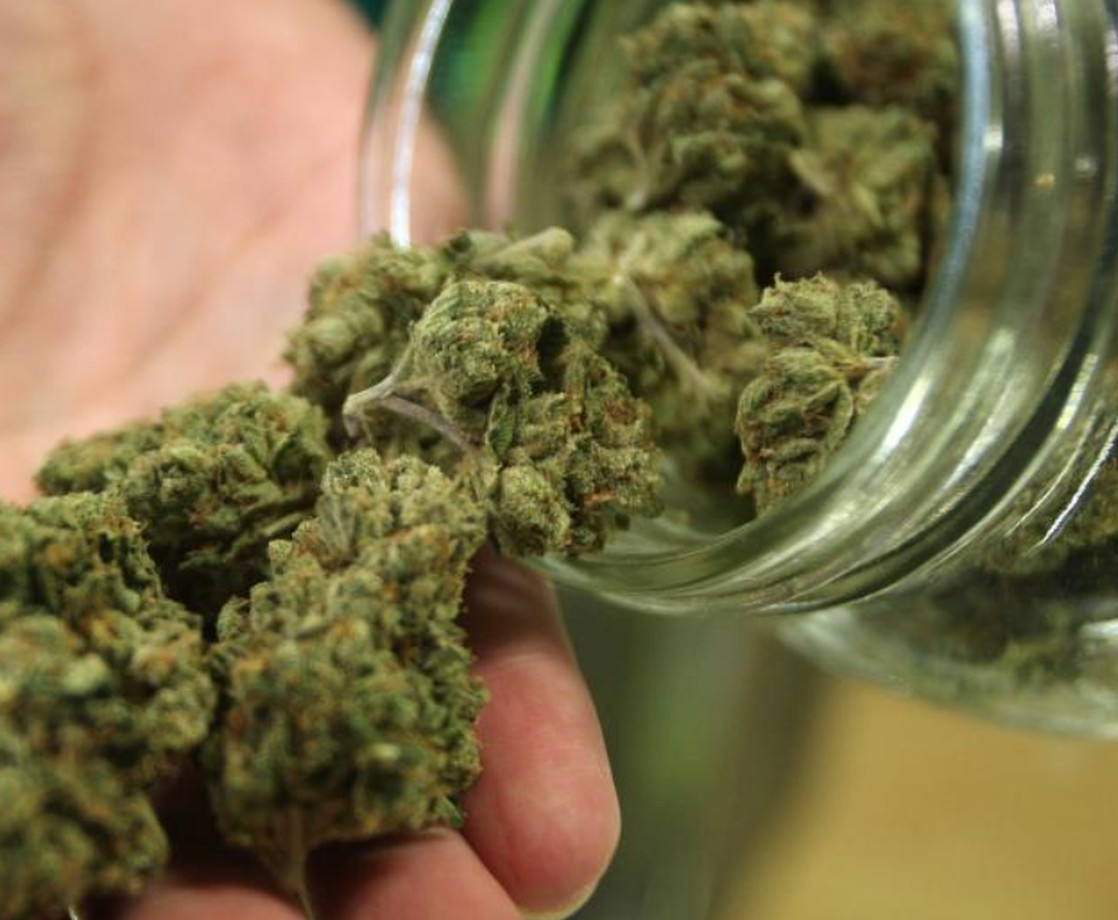Rhode Island’s Gov. Dan McKee signed a bill on Wednesday ending years of debate between lawmakers, oversight committees, and residents in favor of legalization.
The bill allows residents of the Ocean State to purchase up to 1 oz. of cannabis and possess no more than 10 oz. at their home while also allowing adults to grow up to six plants for personal use, only three of which can be mature.
During the legislative process, the bill saw many changes regarding possession, record expungement, and other key factors, including the actual date Rhode Island residents would have access to legal dispensaries: The start date was pushed to Dec. 1 from Oct. 1.
“The reality is that prohibition does not stop cannabis use,” Democratic Sen. Joshua Miller said during the Tuesday debate, reported AP. “Since Rhode Islanders can already access cannabis just across the state border or on the illicit market, we experience all the challenges without any of the safeguards or resources that our neighboring states have. With this bill, we are ending prohibition in a way that is safe, keeps revenue in Rhode Island, and is as fair and equitable as we can possibly make it.”
Although an overwhelming number of lawmakers echoed the senator’s feelings towards legalization, a handful of representatives within the state house had concerns over public safety.
In a statement released Tuesday from the Rhode Island Police Chiefs’ Association, Sidney M. Wordell, RIPCA Executive Director, warned of the “potential for impaired motorists and more roadway fatalities since there’s no test to check for driving under the influence of marijuana. The Rhode Island Police Chiefs’ Association believes that the passage of this legislation as is, would have adverse effects on the safety and wellbeing of Rhode Island communities.” The statement also said the bill does not “adequately restrict marijuana use in public areas, which creates a public nuisance.”
Rep. Scott Slater, the chief sponsor of the house bill argued that “If there are unintended consequences [of legalization], we are dealing with them now,” the Providence Journal reported.
One consequence will entail limited forms of social justice. With the new law, courts have until July 1, 2024 to automatically expunge past cannabis convictions. However, those who want their convictions expunged sooner have the option to request it.
The legislation signed by the governor also allows for 33 licensed marijuana retailers within the state. Twenty four of those licenses could be new adult-use retailers, while up to nine other “hybrid” licenses could be approved for existing medical cannabis dispensaries that are willing to fork over a $125,000 fee required to add recreational sales. A new, three-member cannabis control commission will be appointed by the governor and will decide who will get to operate legally within the state. For now, medical cannabis patients will no longer pay fees for registration into the state’s medical marijuana program.
The newly signed law also states that adult-use marijuana sales will be subject to the state’s current 7% sales tax, a 10% excise tax, as well as a 3% tax for municipalities that allow cannabis businesses to set up shop. However, local municipalities can opt-out of allowing retail cannabis within their jurisdiction, so long as the municipalities allow medical cannabis compassion centers to operate. Rhode Island residents will see that money being distributed toward job training, access to more capital for small businesses, affordable housing, health equity, and community development.
While Rhode Island is the 19th state to legalize marijuana for adults, voters in several additional states will decide on the issue later this year.











